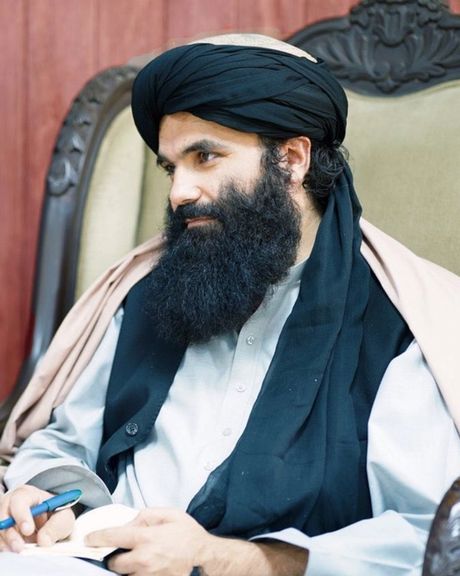Taliban Interior Minister Warns Against Misusing Power For Personal Interests

Taliban Interior Minister Sirajuddin Haqqani has stated that the group’s rise to power was not motivated by a desire for dominance or rule.

Taliban Interior Minister Sirajuddin Haqqani has stated that the group’s rise to power was not motivated by a desire for dominance or rule.
Haqqani stressed that the group was driven by a commitment to what he described as “jihad” against “infidelity and corruption” and the establishment of Islamic Sharia law.
Speaking at a gathering of local elders in Paktia province, Haqqani said, “Power should not be used for suppression or personal gain.” He added that loyalty to Taliban supreme leader Hibatullah Akhundzada is a fundamental requirement for loyalty to the regime. “If we are not sincere in following orders, we cannot be loyal to this nation and this regime,” he said.
Haqqani, considered one of the Taliban’s most influential figures, has in recent months offered implicit criticism of Akhundzada’s leadership. The Taliban refer to Akhundzada as Amir al-Mu’minin (Commander of the Faithful).
Despite Haqqani’s remarks, the Taliban have been widely accused of using their interpretation of Islamic law to suppress dissent, marginalise women, and curtail civil liberties. The latest quarterly report by UN Secretary-General António Guterres stated that the Taliban’s policies have worsened the country’s humanitarian crisis. The report also documented at least four extrajudicial killings and ten arbitrary arrests of former government officials between February and April, despite the Taliban’s general amnesty announcement.
Haqqani confirmed the Taliban have reduced the number of civil servants due to budgetary constraints, in line with an order reportedly issued by Akhundzada on 13 April mandating a 20 per cent cut in security and government staffing.
At the gathering, Haqqani also outlined plans for development projects in Paktia, including road construction, power facilities, water dams, and public infrastructure. However, he urged residents to remain patient, as funding and implementation timelines remain unclear.
Local elders called for improved education, healthcare, agricultural support, and job creation for young people. Specific requests included rebuilding the Gardez–Patan road, restoring the Nari and Machlaghoo dams, and constructing school buildings.
Afghanistan International recently reported that infrastructure projects launched by Haqqani to connect mountainous areas in Paktia, Paktika, and Khost provinces have stalled due to internal disagreements and a lack of financial resources. These projects were reportedly being financed personally by Haqqani.